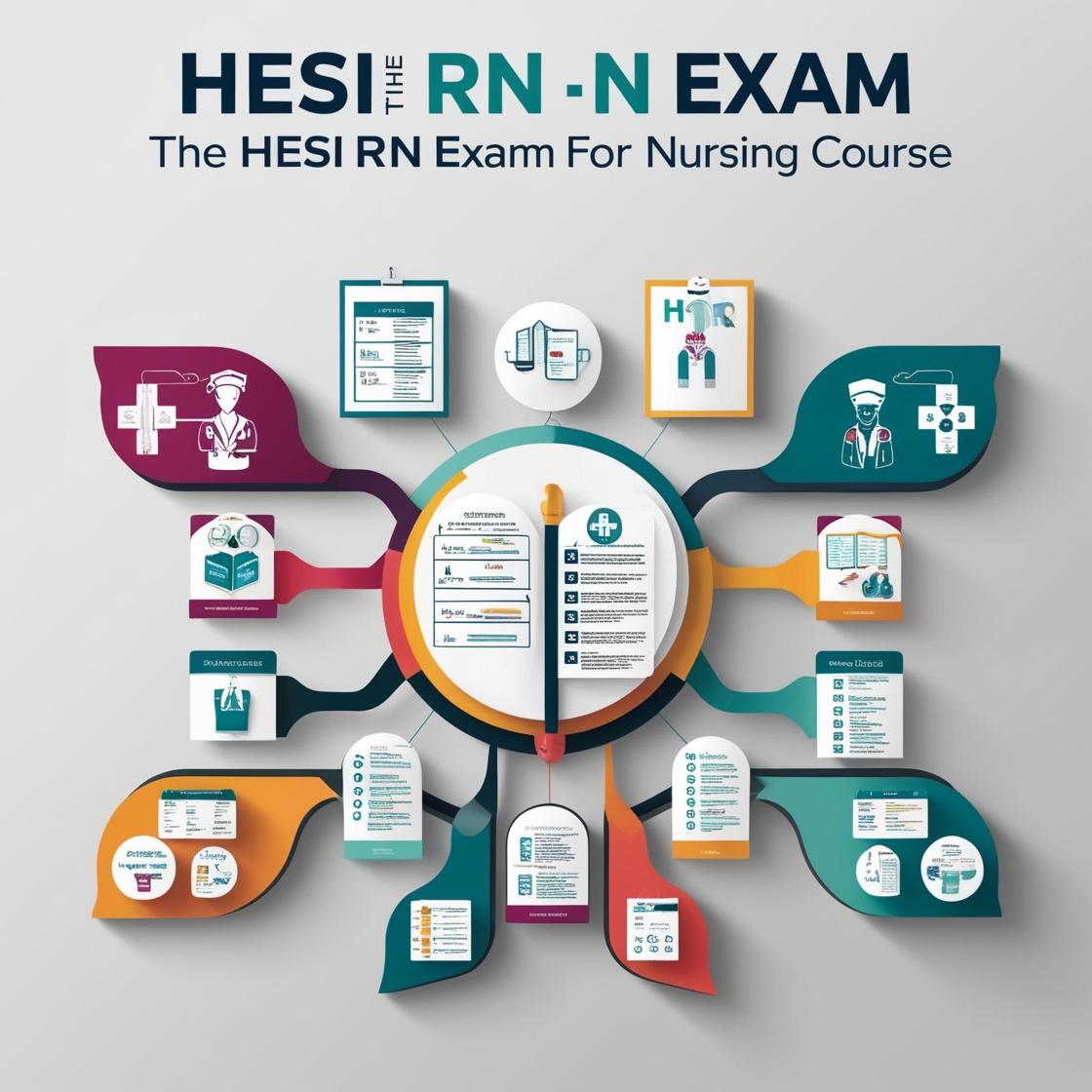HESI RN
HESI Practice Test Pediatrics
1. The parents of a 3-year-old boy who has Duchenne muscular dystrophy (DMD) ask, 'how can our son have this disease? We are wondering if we should have any more children.' What information should the nurse provide these parents?
- A. This is an inherited X-linked recessive disorder, which primarily affects male children in the family.
- B. The male infant had a viral infection that went unnoticed and untreated, leading to muscle damage.
- C. The lack of the protein dystrophin in the mother can impact the muscle groups of males.
- D. Damage to the spinal cord due to birth trauma from a breech vaginal birth weakens the muscles.
Correct answer: A
Rationale: The nurse should inform the parents that Duchenne muscular dystrophy is an X-linked recessive disorder, which primarily affects male children in the family. This genetic condition is caused by a mutation in the dystrophin gene located on the X chromosome. Females are usually carriers of the gene mutation and may pass it on to their sons. Daughters of carrier mothers have a 50% chance of being carriers themselves. Understanding the genetics of DMD can help the parents make informed decisions about family planning and genetic counseling.
2. A 2-year-old child with heart failure (HF) is admitted for replacement of a graft for coarctation of the aorta. Prior to administering the next dose of digoxin (Lanoxin), the nurse obtains an apical heart rate of 128 bpm. What action should the nurse take?
- A. Determine the pulse deficit.
- B. Administer the scheduled dose.
- C. Calculate the safe dose range.
- D. Review the serum digoxin level.
Correct answer: B
Rationale: Administering the scheduled dose is appropriate in this scenario since the heart rate of 128 bpm is within an acceptable range for a 2-year-old child with heart failure. Monitoring for signs of digoxin toxicity is important; however, the immediate action required is to administer the scheduled dose as prescribed based on the heart rate assessment.
3. The healthcare provider is assessing an infant with diarrhea and lethargy. Which finding should the provider identify that is consistent with early dehydration?
- A. Tachycardia
- B. Bradycardia
- C. Dry mucous membranes
- D. Decreased skin turgor
Correct answer: A
Rationale: Tachycardia is a common early sign of dehydration in infants. It is important for healthcare providers to be vigilant in monitoring infants with these symptoms, as prompt intervention is crucial to prevent further complications.
4. An 8-year-old male client with nephrotic syndrome is receiving salt-poor human albumin IV. Which findings indicate to the nurse that the child is manifesting a therapeutic response?
- A. Decreased urinary output
- B. Decreased periorbital edema
- C. Increased periods of rest
- D. Weight gain of 0.5 kg/day
Correct answer: B
Rationale: In nephrotic syndrome treatment, decreased periorbital edema is a positive therapeutic response as it indicates a reduction in fluid retention. Periorbital edema is a common symptom of nephrotic syndrome due to fluid accumulation, so a decrease in this swelling signifies an improvement in the condition.
5. A 2-year-old girl is brought to the clinic by her 17-year-old mother. When the nurse observes that the child is drinking sweetened soda from her bottle, what information should the nurse discuss with this mother?
- A. A 2-year-old should be speaking in 2-word phrases
- B. Dental caries is associated with drinking soda
- C. Drinking soda is related to childhood obesity
- D. Toddlers should be sleeping 10 hours a night
Correct answer: B
Rationale: Dental caries are a common concern when children consume sweetened sodas regularly.
Similar Questions

Access More Features
HESI RN Basic
$69.99/ 30 days
- 50,000 Questions with answers
- All HESI courses Coverage
- 30 days access @ $69.99
HESI RN Premium
$149.99/ 90 days
- 50,000 Questions with answers
- All HESI courses Coverage
- 30 days access @ $149.99
